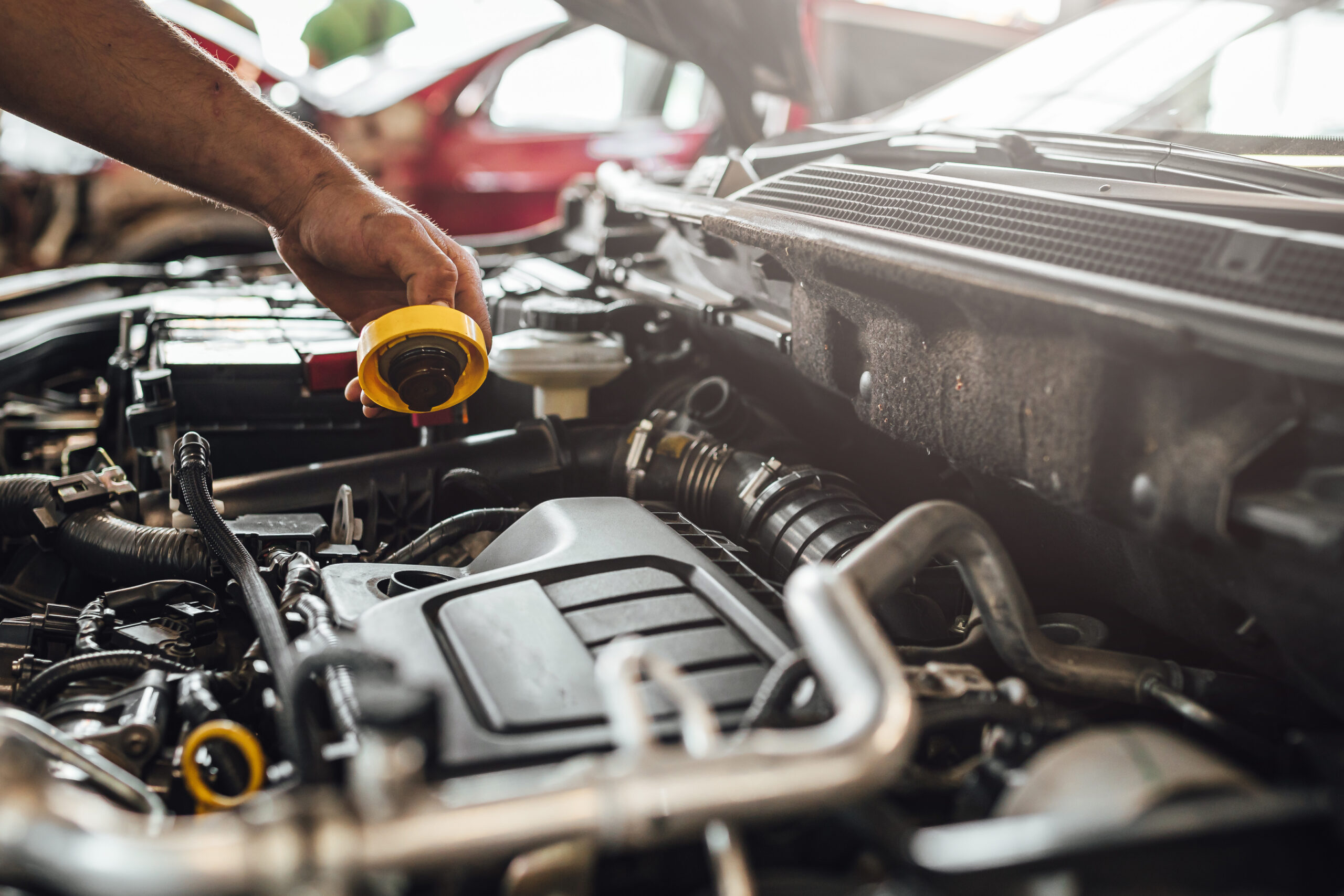The fuel system is a vital component of any vehicle, responsible for delivering the proper amount of fuel to the engine for combustion. However, over time, various issues can arise within the fuel system, leading to decreased performance, reduced fuel efficiency, and potential engine damage. Recognizing the signs of common fuel system problems and knowing how to resolve them is crucial for maintaining a well-functioning vehicle in South Africa. In this article, we will explore some common fuel system issues and provide guidance on how to address them.
- Clogged Fuel Injectors:
Clogged fuel injectors can restrict the proper flow of fuel into the engine, leading to poor performance, rough idling, and reduced fuel efficiency. To address this issue, you can use a fuel injector cleaner additive, available at automotive stores, to clean the injectors. Add the cleaner to your fuel tank according to the instructions on the product label. Regular use of fuel injector cleaner can help prevent and remove deposits, ensuring optimal fuel flow and combustion.
- Fuel Pump Failure:
The fuel pump is responsible for pumping fuel from the tank to the engine. A failing fuel pump can cause engine hesitation, difficulty starting, and stalling. If you suspect a fuel pump issue, it is advisable to have it inspected and replaced by a qualified technician. Fuel pump replacement typically requires specialized tools and knowledge, so it’s best to seek professional assistance to ensure the job is done correctly.
- Fuel Filter Blockage:
The fuel filter helps keep contaminants and debris from reaching the engine. Over time, the fuel filter can become clogged, restricting fuel flow and affecting engine performance. A common symptom of a blocked fuel filter is a loss of power during acceleration. To resolve this issue, replace the fuel filter at the manufacturer-recommended interval or if you notice a significant drop in performance. The fuel filter is typically located along the fuel line between the fuel tank and the engine. Consult your vehicle’s manual or seek professional guidance for the proper replacement procedure.
- Faulty Fuel Pressure Regulator:
The fuel pressure regulator controls the fuel pressure within the fuel system. A faulty regulator can lead to fuel pressure fluctuations, resulting in inconsistent engine performance and fuel delivery. If you suspect a faulty fuel pressure regulator, it is recommended to have it inspected and replaced by a qualified technician. The replacement process involves proper fuel system depressurization and precise installation of the new regulator.
- Contaminated Fuel:
Contaminated fuel, such as water or dirt, can cause fuel system issues. Symptoms may include engine misfires, rough idling, or difficulty starting. If you suspect contaminated fuel, drain the fuel tank and replace it with clean, high-quality fuel. It is also advisable to replace the fuel filter to ensure that any contaminants have been completely removed from the system.
- Regular Fuel System Maintenance:
Prevention is key to avoiding fuel system issues. Regular maintenance of your vehicle’s fuel system is essential. This includes adhering to the recommended service intervals for fuel filter replacement, using high-quality fuel from reputable stations, and keeping the fuel tank clean. Additionally, maintaining proper tire pressure and following a regular maintenance schedule for the entire vehicle can help prevent fuel system problems.
Maintaining a healthy fuel system is vital for optimal vehicle performance and fuel efficiency. By recognizing the signs of common fuel system issues such as clogged fuel injectors, fuel pump failure, fuel filter blockage, faulty fuel pressure regulator, and contaminated fuel, you can take appropriate action to address these problems. It is important to follow recommended maintenance schedules, use high-quality fuel, and seek professional assistance when needed. By keeping your fuel system in top shape, you can enjoy reliable and efficient driving experiences on South African roads.











